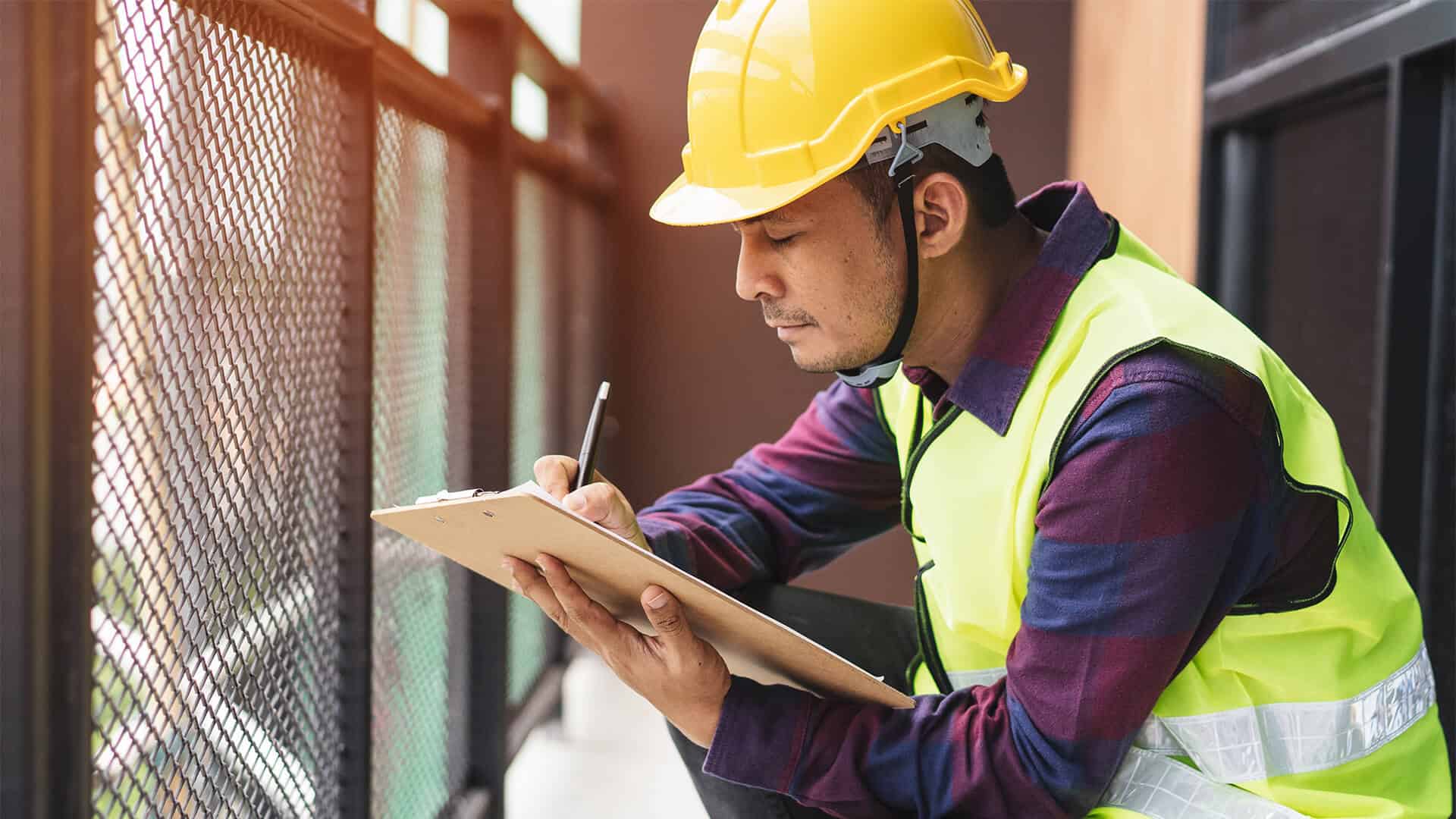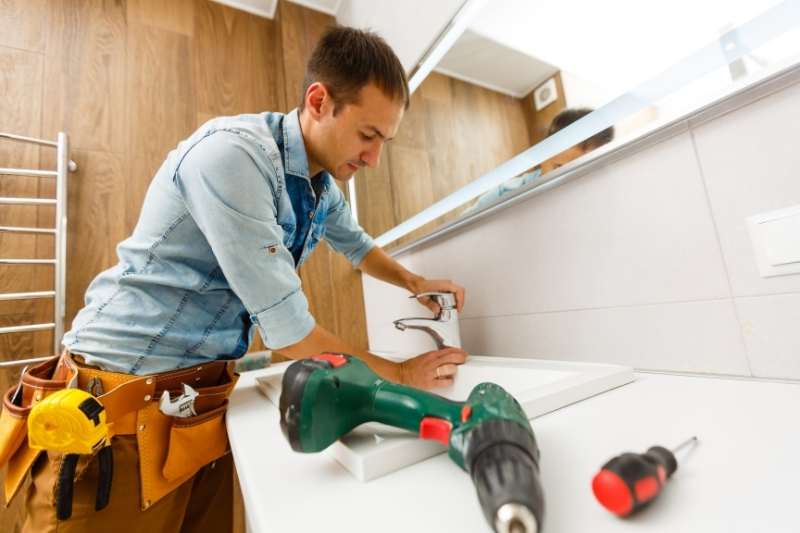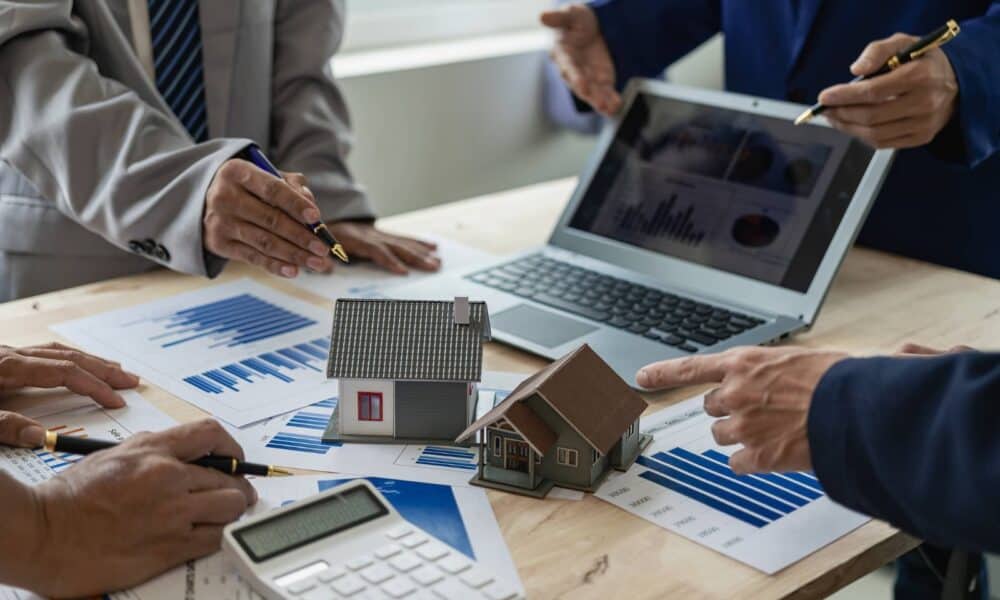Regular maintenance is essential to maintaining the condition of a rental property, yet landlords frequently undervalue it. Landlords can avoid expensive repairs and inconvenient tenant disruptions by taking proactive measures to resolve minor concerns before they become serious ones. Regular inspections, prompt tenant problem-solving, and compliance with safety standards are necessary to preserve the property’s usability and desirability. This proactive approach not only improves tenant satisfaction but also reduces vacancy rates and increases the property’s long-term value.
In essence, routine maintenance is a well-considered investment that yields significant returns. It protects the physical integrity of the property, guarantees the comfort of the tenants, and eventually improves the landlord’s financial standing. Landlords may secure the future of their property and give their tenants a satisfying renting experience by providing preventive maintenance priority.
The Importance of Regular Maintenance
Maintaining the condition of any rental property needs ongoing upkeep. Landlords may avoid costly fixes and disruptions by taking care of such problems before they become more serious. Maintaining a property’s appeal and functionality requires routine inspections, quick responses to tenant issues, and adherence to safety regulations. In addition to keeping tenants happy, proactive maintenance lowers vacancy rates and increases a property’s long-term worth.
However, neglecting maintenance can result in more significant problems. A small leak might turn into extensive water damage, or a faulty heating system could escalate into an emergency during winter. The consequences of deferred maintenance are not only financial but also reputational, as dissatisfied tenants are less likely to renew leases or recommend the property to others.

The Do’s of Property Maintenance
A clean home attracts dependable tenants and presents a favorable image of its owner. To keep their properties in top shape, landlords should prioritize a few recommended practices.
Conducting routine inspections is one of the primary duties. Landlords can see possible problems early by doing routine walkthroughs. These inspections act as a preventive precaution, from making sure appliances are in good operating condition to looking for indications of water damage. They also demonstrate to renters that the property’s owner is aware of and dedicated to keeping the living space secure and comfortable.
Addressing tenant complaints as quickly as possible is an essential component. Resolving repair requests quickly fosters satisfaction and trust, no matter whether they involve broken appliances or plumbing issues. If tenants feel their complaints are being taken seriously, they are more likely to handle the property with care and respect.
Another vital job is adhering to safety and legal requirements. This includes ensuring that smoke and carbon monoxide detectors are working, electrical systems fulfill safety standards, and rental agreements conform with local laws.
Adherence to these standards protects both the landlord and tenants from potential hazards or legal disputes.
Moreover, landlords should establish a clear maintenance plan. This can entail planning for seasonal chores like pest treatment, gutter cleaning, and HVAC maintenance. Property owners can prevent minor issues from becoming major ones by establishing a routine.
The Don’ts of Property Maintenance
While proactive maintenance is crucial, specific actions or inactions can undermine even the best efforts. Landlords must avoid common mistakes that could harm their reputation or finances.
One of the most significant missteps is delaying repairs. Ignoring minor issues, such as a dripping faucet or a cracked tile, often leads to larger, more expensive problems. Additionally, neglect may be interpreted by tenants as a lack of attention, which may affect their inclination to suggest the property or extend leases.
Another frequent error is to skimp on supplies and repairs. Choosing low-cost solutions may save money in the short run, but they frequently lead to more significant expenses over time. Installing poor plumbing equipment, for example, may result in frequent malfunctions and disgruntled residents. In addition to ensuring longevity, investing in excellent repairs and long-lasting materials raises the property’s total worth.
In terms of tenant privacy, landlords ought to avoid going too far. Even for maintenance purposes, entering a rental property without giving enough warning can cause stress in relationships as well as even legal problems. Respecting tenants’ rights fosters trust and a harmonious landlord-tenant dynamic.
Failing to communicate effectively is another pitfall. Whether it’s neglecting to inform tenants about scheduled maintenance or not addressing their concerns promptly, poor communication can lead to misunderstandings and dissatisfaction. Landlords should maintain open lines of communication and ensure tenants are kept in the loop regarding any property-related updates.
Balancing Cost and Quality
Managing maintenance costs is a common challenge for landlords. Striking the right balance between affordability and quality is essential to ensure long-term benefits. While it may be tempting to choose the least expensive option, this approach often results in recurring repairs and lower tenant satisfaction.
Instead, landlords should view maintenance as an investment. Hiring licensed professionals for repairs, purchasing high-quality materials, and scheduling routine services may require a more significant upfront expense, but these steps reduce the likelihood of future issues. Additionally, well-maintained properties attract better tenants and command higher rental rates, which can offset maintenance costs over time.
Negotiating service contracts with reputable vendors can also help landlords manage expenses. Building relationships with reliable contractors ensures consistent quality and may lead to discounts for recurring work. Comparing quotes and researching service providers further aids in finding the best value without compromising quality.
Legal and Ethical Responsibilities
Property maintenance is not just a matter of preserving value; it is also a legal and ethical obligation. Landlords must adhere to local housing codes and regulations to ensure their properties are safe and habitable. Neglecting these responsibilities can result in fines, lawsuits, or even the loss of rental licenses.
Ethical considerations also play a role. Providing tenants with a clean, functional living space reflects a commitment to fairness and respect. This includes addressing accessibility needs for tenants with disabilities, maintaining common areas, and ensuring all systems are in working order. By upholding these standards, landlords foster positive relationships and build a reputation for integrity.
Leveraging Technology for Efficient Maintenance
Modern technology offers valuable tools to streamline property maintenance. Landlords can use property management software to schedule inspections, track repair requests, and monitor expenses. These platforms provide a centralized system for organizing tasks and ensuring nothing falls through the cracks.
Additionally, digital communication tools allow for efficient interaction with tenants. From online portals for submitting maintenance requests to automated notifications about upcoming work, these tools enhance transparency and convenience. By embracing technology, landlords can save time and improve the overall maintenance process.

Building Strong Tenant Relationships
A key aspect of adequate property maintenance is fostering strong relationships with tenants. Open communication, transparency, and responsiveness go a long way in building trust. Tenants who feel valued are more likely to care for the property and report issues promptly.
Encouraging tenant feedback is also beneficial. Landlords can gain valuable insights into potential problems and identify areas for improvement by listening to tenants’ concerns. Regular check-ins and surveys demonstrate a willingness to address issues and enhance the rental experience.
Establishing clear expectations in the lease agreement is another way to promote cooperation. Outlining tenant responsibilities, such as keeping the property clean and reporting maintenance needs, ensures both parties are on the same page. A well-drafted lease minimizes misunderstandings and sets the foundation for a positive landlord-tenant relationship.
Adapting to Changing Needs
Landlords need to keep up with the latest trends and best practices in the ever-changing property management industry. This involves reacting to the increasing demand for energy-efficient features, implementing sustainable maintenance techniques, and staying abreast of modifications to local requirements.
Sustainability is becoming more and more important in property upkeep. By adding energy-efficient appliances, setting up programmable thermostats, and upgrading insulation, landlords may save utility bills and entice eco-aware renters. These improvements improve the property’s marketability and help the environment.
Conclusion
Property maintenance is an intricate duty that calls for proactive planning, extreme care to detail, and a commitment to excellence. Landlords can create a secure, enticing, and lucrative rental environment by knowing the dos and don’ts of proper upkeep. Every facet of maintenance, from timely repairs and routine inspections to polite contact and compliance with rules, plays a part in a rental property’s earnings.
In the end, a property’s long-term value, decreased vacancy rates, and tenant happiness are all benefits of keeping it. Landlords can establish a strong basis for long-term success in the rental market by giving equal weight to the property’s physical state and the welfare of its tenants.










